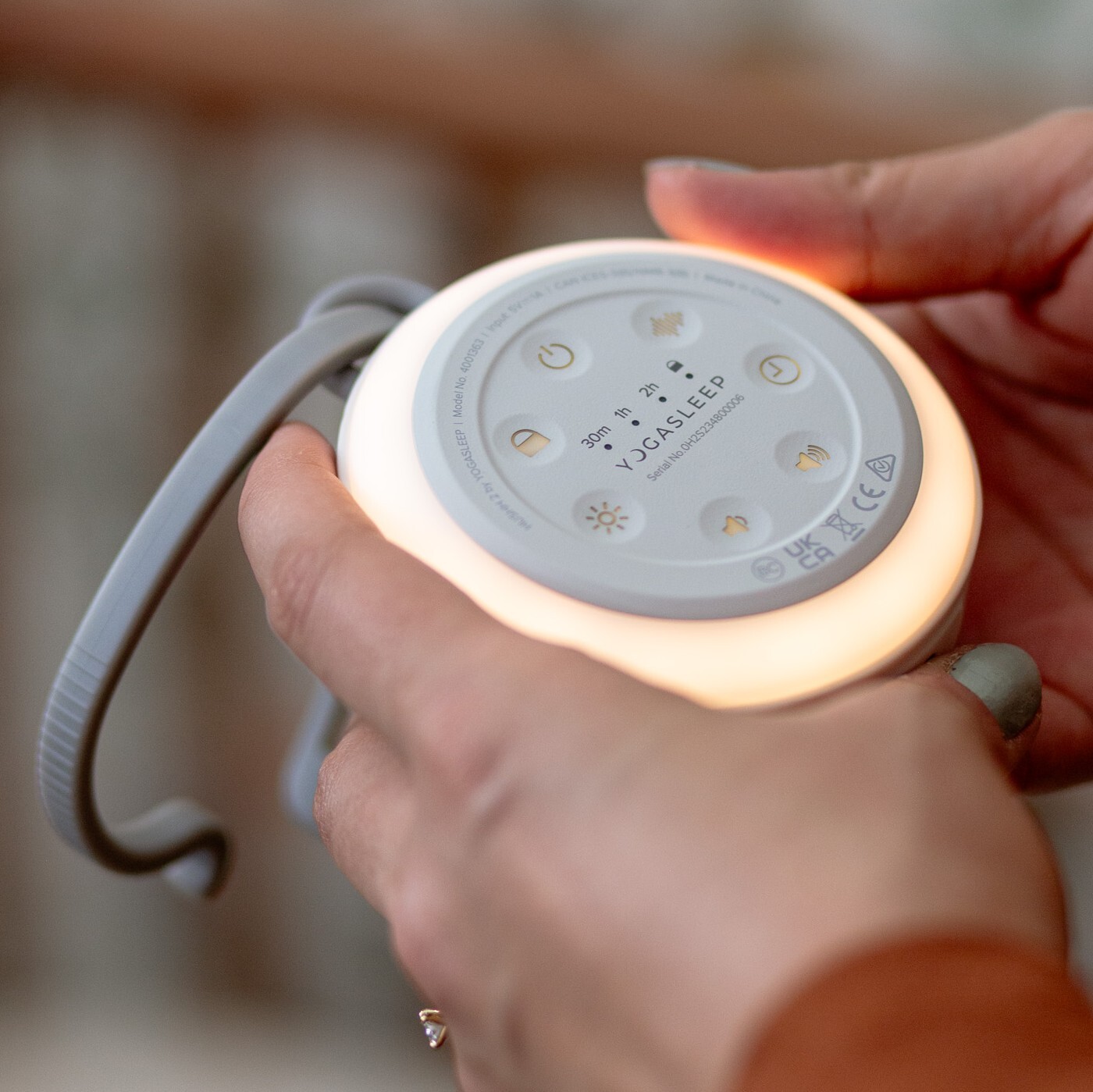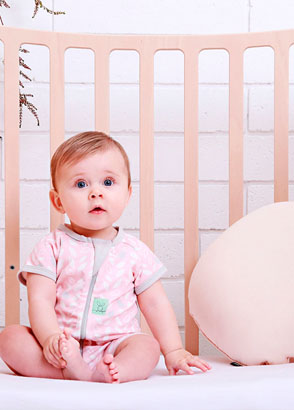New sleep challenges usually start to face parents from about 5 months of age, as your baby becomes more mobile, interested in her surroundings and teething starts. Your baby may be moving about her cot, kicking off her covers and will soon be pulling herself up in the cot.
However the main change that occurs at 5 months is to do with a baby's sleep cycles. Rather than drift in and out of deep and light sleep, babies now wake up fully between cycles. So unless your baby knows how to self settle (i.e. fall asleep without your help) then they may cry out for you 4-6 times during the night and need your help to get back to sleep.
So babies who have been sleeping through the night will often start waking again, wanting help to resettle! The challenge is to maintain consistency and not let either yourself or your baby fall into bad sleeping habits now. If you haven't taught your baby to fall asleep unassisted, now is the time to start.
If your baby starts waking again, it's usually due to one of the following:
-
Baby has a sleep association, such as being fed to sleep
-
Baby is waking from the cold or movement
You may also be feeling the effects of continued sleep deprivation, and now want to take action to help your baby sleep through the night. Research shows that more than 50% of babies who have difficulty settling or have continued night waking continue to have sleep problems as preschoolers and beyond.
So the timing is excellent, as the sooner you get your baby into a good bedtime routine, address why your baby is waking and build positive sleep associations, the better your baby will sleep now and in the future.
At the very minimum we recommend you use the simple Feed, Play, Sleep routine. Many babies start to really benefit from a structured routine from about 4 months old, and this can be the difference needed to get a baby to sleep through the night.
Aim to have your baby fall asleep by herself under conditions that will be the same when she wakes during the night. This way she is far more likely to re-settle herself and not cry for you.
Solutions to help with this consistency include a baby sleeping bag, comfort blankie (for babies older than 7 months) and teaching your baby to self-settle at 7pm bedtime.
Also ensure that your expectations for your baby's sleep is realistic, as babies need less sleep as they get older:
-
Between 3-6 months your baby needs about 15 hours sleep daily, made up from 2-3 naps and about 10 hours at night.
-
From 6-12 months, your baby needs 14 hours of sleep daily, made up of 2 naps and 10-12 hours at night.
For more information see links below, for more articles.





















